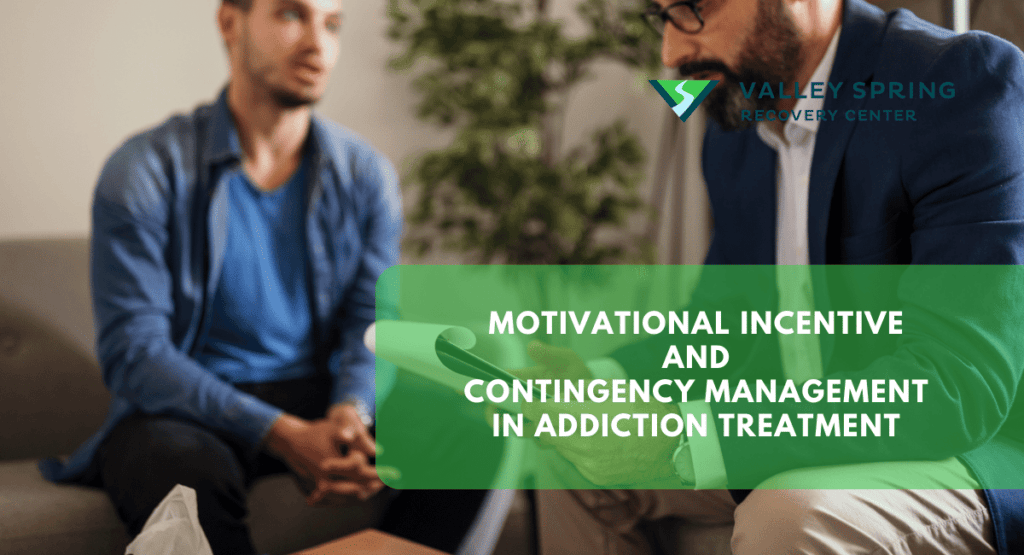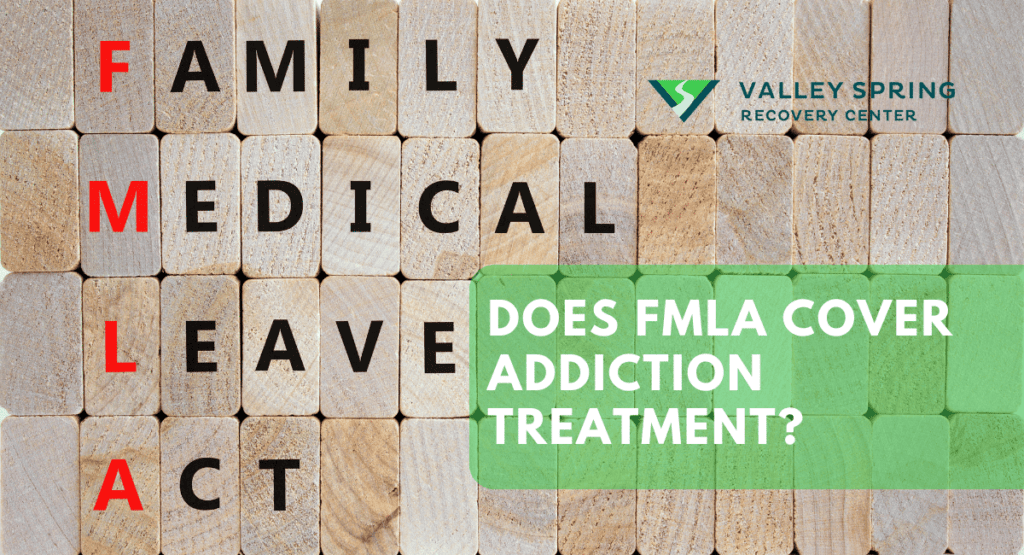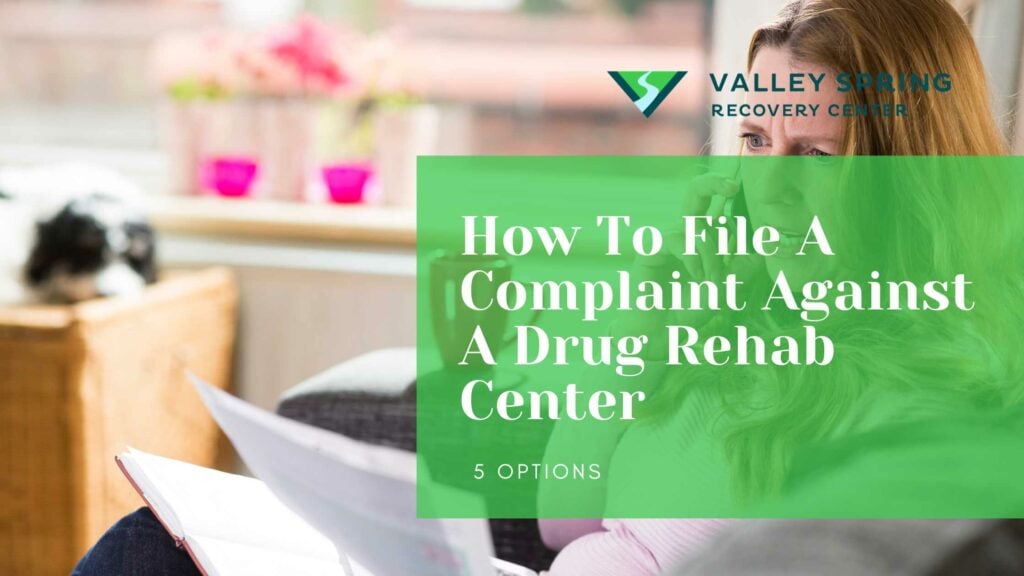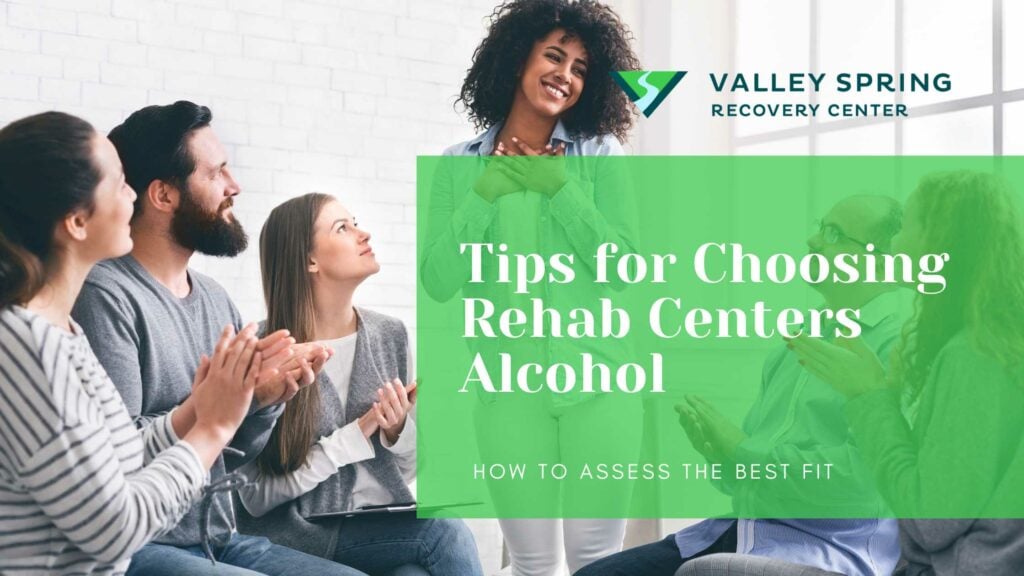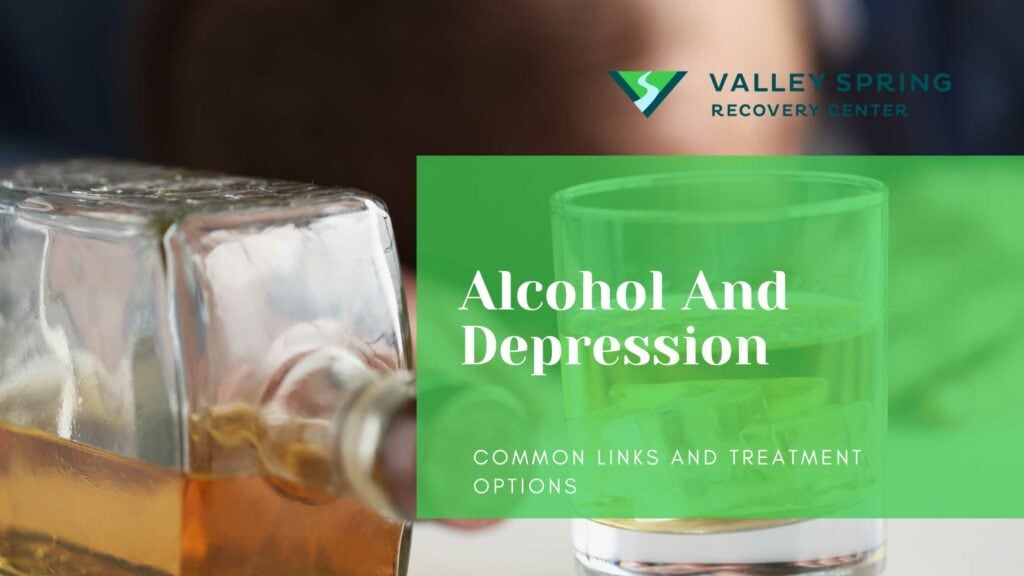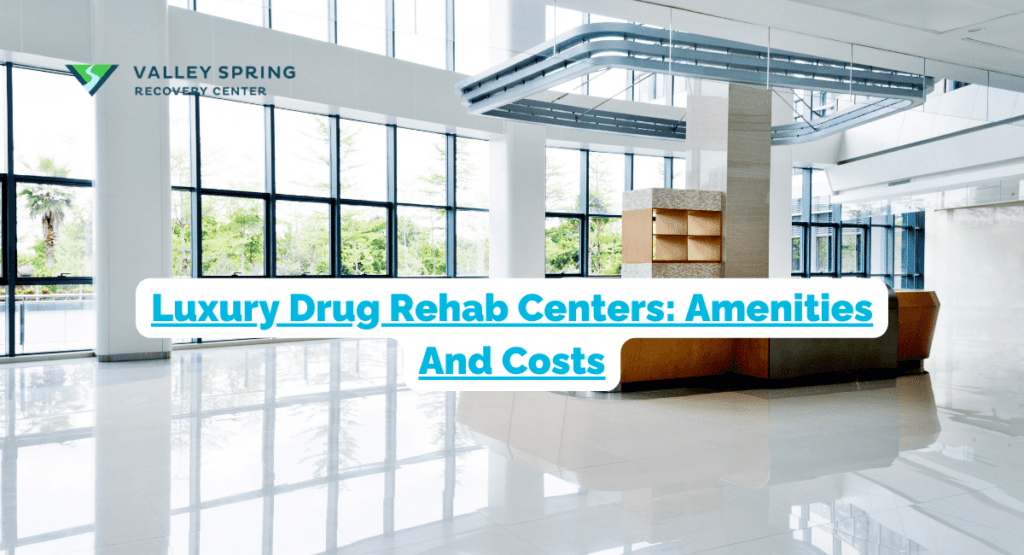Addiction is a chronic disease that affects millions of lives every year. For those looking to break free from the grips of substance abuse, a 30-day inpatient rehab program can provide the intensive treatment and support necessary to begin the journey toward recovery. This comprehensive guide explores what these programs entail, how to select the best one for you, and other important information you should know.
What is a 30-Day Rehab Program?
A 30-day rehab program is a short-term treatment option that provides around-the-clock medical and psychological support. Typically, patients stay in a specialized facility for a month, engaging in various forms of therapy, counseling, and medication management aimed at tackling their addiction issues.
During the 30-day period, patients undergo a medically supervised detoxification process to remove toxins from the body. Following detox, individuals partake in individual and group therapies, life skills training, and holistic treatments such as yoga and meditation. The goal is to offer a well-rounded approach to recovery.
What Therapies Are Used in 30-Day Alcohol Addiction Treatment Programs?
Various therapies can be employed, including Cognitive Behavioral Therapy (CBT), Dialectical Behavior Therapy (DBT), Motivational Interviewing, and more. These evidence-based therapies are often complemented by alternative treatments like acupuncture, massage, and nutritional counseling. The therapies that occur in 30-day rehab centers are listed below:
- Medical Detoxification: The first step in many 30-day alcohol addiction treatment programs is medical detoxification. This therapy involves the supervised withdrawal from alcohol with the assistance of medications to manage withdrawal symptoms and ensure safety.
- Behavioral Therapy:
- Cognitive-Behavioral Therapy (CBT): CBT is widely used to help individuals identify and change harmful thought patterns and behaviors associated with alcohol addiction.
- Motivational Enhancement Therapy (MET): MET is focused on enhancing an individual’s motivation to abstain from alcohol and make positive changes in their life.
- Contingency Management (CM): CM uses a reward system to encourage abstinence and compliance with treatment goals.
- Group Therapy: Group therapy sessions provide a supportive environment where individuals can share their experiences, learn from others, and build a sense of community.
- Individual Counseling: One-on-one counseling sessions allow for personalized treatment plans tailored to each person’s unique needs and challenges.
- Family Therapy: Alcohol addiction often affects not only the individual but also their loved ones. Family therapy helps address family dynamics and provides support for all involved.
- Medication-Assisted Treatment (MAT): In some cases, medications like naltrexone or acamprosate may be prescribed to reduce cravings and prevent relapse.
- 12-Step Programs: Many 30-day alcohol addiction treatment programs incorporate 12-step programs like Alcoholics Anonymous (AA) to provide ongoing support and a structured recovery framework.
- Holistic Therapies: These can include yoga, meditation, art therapy, and mindfulness practices, which help individuals address the emotional and spiritual aspects of recovery.
- Aftercare Planning: Planning for continued support after the 30-day program is essential. This often includes referrals to outpatient treatment, sober living arrangements, and ongoing therapy.
It’s important to note that the specific combination of therapies may vary from one program to another, depending on the individual’s needs and the treatment center’s approach. The effectiveness of these therapies lies in their ability to address the multifaceted nature of alcohol addiction, considering not only the physical but also the psychological and social aspects.
Does 30-day drug rehab work?
The question of whether drug rehab works is nuanced and depends on multiple factors, such as the type of treatment, the individual’s commitment to recovery, and the support they receive during and after treatment. Generally speaking, rehab programs work that offer a comprehensive approach, combining medical, psychological, and social interventions, and are met with willingness from the patient.
Here’s a closer look at some factors that can influence the efficacy of drug rehab:
- Type of Treatment: Programs that offer a multi-faceted approach—including detoxification, behavioral counseling, medication, and long-term follow-up—can be more effective.
- Individual Commitment: The individual’s motivation and commitment to recovery are significant factors. Those who are invested in their treatment typically experience better outcomes.
- Family and Community Support: Strong support networks, including friends, family, and community, can increase the likelihood of successful recovery.
- Aftercare: Post-treatment services like follow-up meetings, skills training, and continued therapy can help prevent relapse.
- Personalization: Personalized treatment plans that are tailored to an individual’s specific needs, rather than a one-size-fits-all program, are generally more effective.
How to Pick a 30-Day Drug or Alcohol Rehab Program?
Selecting the right rehab program involves considering factors like location, cost, therapies offered, staff expertise, and accreditation. It’s important to tour the facility, ask questions, and consult with healthcare professionals to ensure it meets your specific needs.
Will Insurance Cover the 30-Day Inpatient Alcohol Rehab Program?
Coverage for inpatient rehab varies among insurance providers. Many policies will cover at least a portion of the treatment, but you’ll need to check the specifics of your plan. Financial assistance and payment plans are often available as well.
How Do I Know I Need 30-Day Rehab?
If you find it challenging to cope without substances, experience withdrawal symptoms or have failed in outpatient treatments, a 30-day inpatient program may be appropriate for you.
How Much Does a 30-Day Rehab Program Cost?
Costs vary significantly depending on the location, amenities, and types of treatments offered. Prices can range from $5,000 to $50,000. It’s crucial to check what services are included in the quoted price.
What Food Is Served In A 30-Day Rehab Program?
When it comes to a 30-day rehab program, the focus is often on therapy, medication, and detoxification. However, nutrition plays a pivotal role in the recovery process. A well-balanced diet can significantly impact a patient’s ability to heal both physically and mentally. That’s why it’s important to pick a drug rehab that serves healthy food so you can get back on track with your physical health while recovering mentally.
What to Look for in a 30-Day Addiction Treatment Program
Look for accredited facilities with qualified, experienced staff. The program should offer a variety of therapeutic options, family involvement, post-treatment support, and a solid treatment philosophy that aligns with your beliefs and needs.
Numerous online directories and hotlines can connect you with suitable 30-day rehab programs in your area. Personal recommendations and consultations with healthcare providers can also guide you in your search.
Why Choose 30-Day Inpatient Rehab?
These inpatient drug addiction rehab programs offer a structured environment that is conducive to recovery. The 24/7 medical support, combined with the focused timeline, often make it an effective option for many individuals.
What Are The Different Types Of 30-Day Inpatient Rehab Centers?
There are various types of 30-day programs, including those specialized in treating alcoholism, drug addiction, dual diagnosis, and co-occurring mental health conditions. The key is to find a program that addresses your specific needs.
Inpatient Treatment Reviews
Before finalizing your decision, read reviews and testimonials from alumni of the program. This provides real-world insight into the effectiveness and environment of the facility.
Statistics vary on the success rates of drug rehab, partially due to the different ways “success” is defined. Some consider mere completion of a program as a success, while others measure success by long-term abstinence rates. According to some studies, about 40% to 60% of individuals with substance abuse disorders will relapse, but this doesn’t mean the treatment failed. Many people experience relapse as part of their recovery journey and may require multiple treatment attempts before achieving long-term sobriety.
In summary, while drug rehab is not a guaranteed solution, it significantly increases the chances of long-term recovery when combined with personal commitment, a strong support network, and ongoing aftercare.
How to Find a 30-Day Inpatient Rehab Treatment Center Near Me?
Utilize online resources, seek recommendations, and consult healthcare providers to find a center that aligns with your needs and preferences. There are various directories such as
Find an Addiction Treatment Resource in Your Home State
Many states have their own addiction treatment resources, including hotlines, directories, and state-funded facilities. Check the websites of your state’s health department for more information.
With the right information and support, choosing a 30-day inpatient rehab program can be a life-changing decision. Remember, recovery is a journey, and the first step is often the hardest but most rewarding one you’ll take. Valley Spring Recovery Center is located in Northern New Jersey and is standing by the phone ready to help!
Kristy Ashe
All author postsShare This Post


